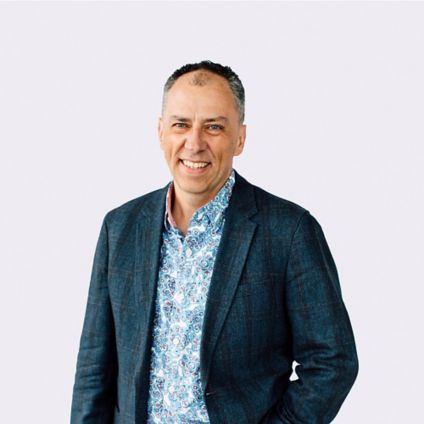It had happened to both of us, differently and at different times, but nonetheless: a mental health struggle. And one of the biggest factors in overcoming it, for each of us, was reaching out to a practitioner for help. Our stories are not unique in this sense. Receiving professional help when struggling with mental health—no matter how severe the illness—isn’t substantially different than heading to the hospital with a broken bone. Not only does the likelihood of recovery improve tremendously, but your journey becomes infinitely more manageable.
Mental health, after all, is a universal human right. So reads the theme of this year’s World Mental Health Day campaign, a global observance founded in 1992 by the World Federation for Mental Health. Indeed, everyone, whoever and wherever they are, has a right to the highest attainable standard of mental health. However, we’d like to take this one step further. In addition to being a universal right, mental health is also an individual responsibility—one that employers are uniquely equipped to help support.
Another similarity in our battles with mental illness laid in the fraught perception of mental health and well-being during the times we were struggling the most. Although KPMG offered an Employee Family Assistance Program (EFAP), the stigma acted as a strong deterrent to getting help. We felt we had a responsibility to ourselves, to our clients and to our firm to maintain the levels of performance we’d previously been able to deliver. There was this nagging feeling that we should be able to tough it out.
Despite our progress in accepting and understanding the hardships of others, as individuals we still struggle to show ourselves that same grace. So, we ask the same of ourselves that we ask of others, and it’s simple enough: self-acceptance, compassion and ownership. Our experiences taught us that life isn’t linear; circumstances change, and some stretches of time are harder than others. A situation that, in isolation, might have been easy to deal with in the past may become much more challenging when different factors are thrown into the mix. There are times when we are thriving, both in our personal and professional lives. There are also times when we need help.
Today, understanding and acceptance of mental health challenges—not only at KPMG but in society at large—has come remarkably far. Just a few short years ago, in 2017, KPMG became the first Canadian company to name a Chief Mental Health Officer. In 2018, we introduced a fully firm-funded Mental Health Benefit that employees and their dependents can use for a wide range of mental health services. Last year, we expanded our EFAP to streamline access to practitioners in ways that align with cultural and gender preferences, and to enable better continuity of care between EFAP practitioners and employees’ personal mental healthcare providers.
This year we continue to move forward and are increasing our Mental Health Benefit’s total annual value. Recognizing the importance of employees having access to increased benefits without incurring any additional cost, this benefit continues to be fully paid for by KPMG —an approach that is unique to our firm.
However, ensuring that the necessary services and supports are available is only half the battle. Our work now lies in empowering our people to make use of those resources when they need them most.
Take it from us: seeking help can start with a simple conversation. For people at KPMG, eligible practitioners under the Mental Health Benefit include psychologists, social workers, clinical counsellors, psychoanalysts, psychotherapists and marriage/family therapists. Flexible and reduced work options are available to those who need a change of pace. Even if you don’t work at KPMG and don’t have access to this benefit, you are not alone: if you’re suffering and aren’t ready to go to a professional, whatever the reason, look within your own teams and social circles. Talking to a friend, mentor or colleague can go a long way toward helping you choose the path forward that’s right for you.
At KPMG, we always say our people are our greatest asset. We also recognize that our people can only perform at their best when they are able to take care of themselves first. The two of us had to learn that the hard way. We think we’re better for it, but we’d rather no one else has to suffer like we did. We also know our firm is better when we as individuals commit time to living our best selves—and especially when we make those commitments together.
To learn more about KPMG in Canada’s approach to supporting mental health and well-being, please visit Life at KPMG.
Multilingual post
This post is also available in the following languages
Stay up to date with what matters to you
Gain access to personalized content based on your interests by signing up today



